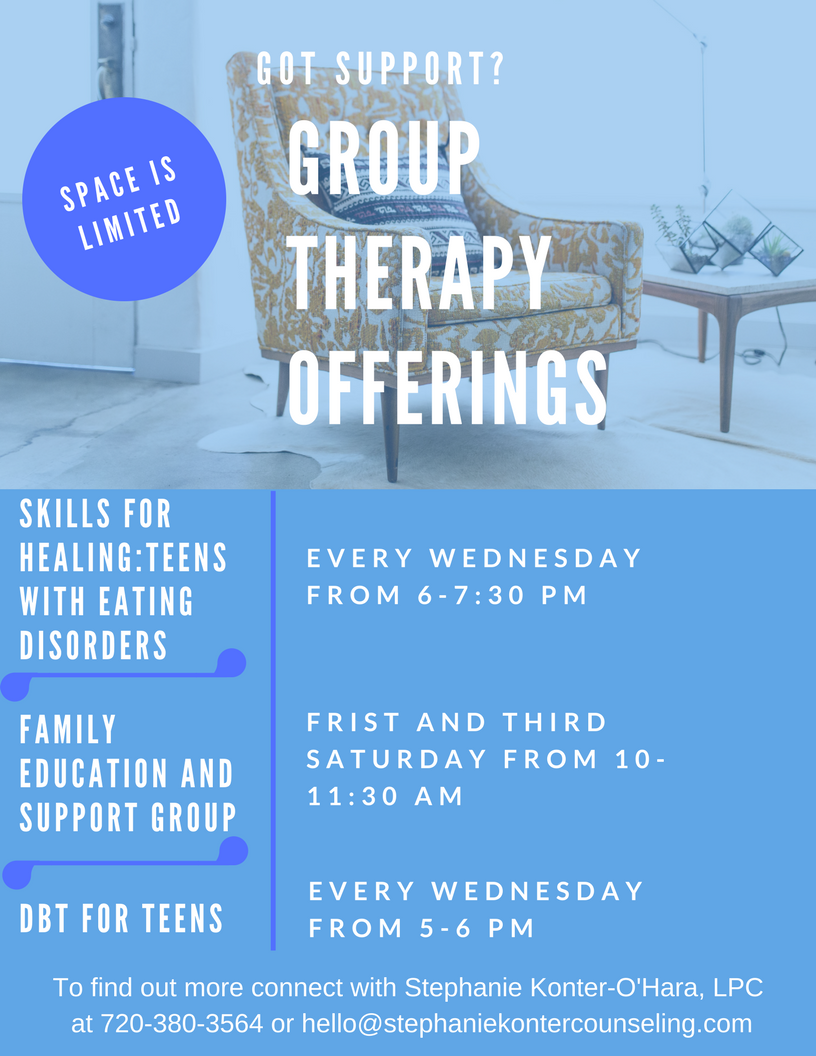Going to therapy can be helpful even in a preventative sense, and here is why:
1. We all live in a society where we are exposed to traumatic occurrences every day and we can experience less stress by talking about it
2. Society isn't necessarily teaching us healthy ways to deal with our emotions, for example: numbing out on our cell phones/tablets, over eating, drinking, sex all with the intention of escaping our emotions
3. Having a solid support system to go to in a crisis can help prevent crisis's in the first place
4. Clients get to practice healthy communication, all which is often lacking from the exchange of "How are you"... "fine", that doesn't cut it, if you really are not "fine"
5. Healthier relationships with ourselves can help us succeed more, and help us open our eyes to what a life with more clarity
6. Therapists can help hold you more accountable to your goals
Going to a therapist for preventative care is like going to the dentist every six months for a teeth cleaning, if you don't go, you won't know you have a cavity that could turn into something more serious.


